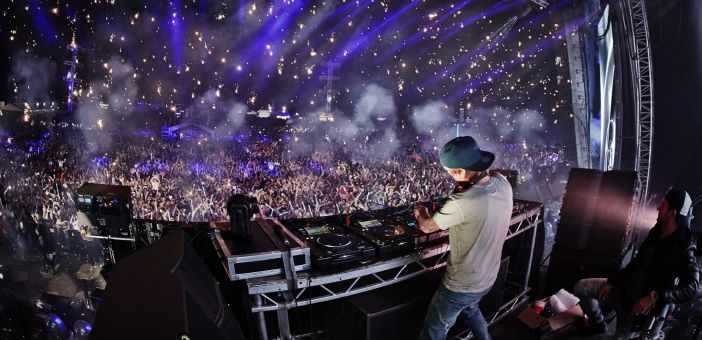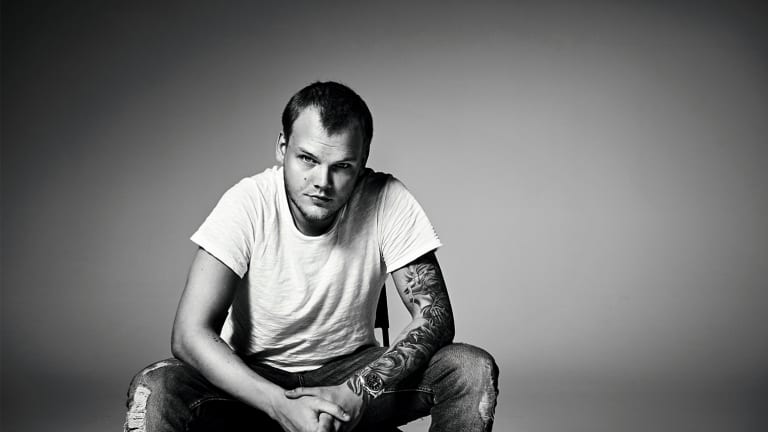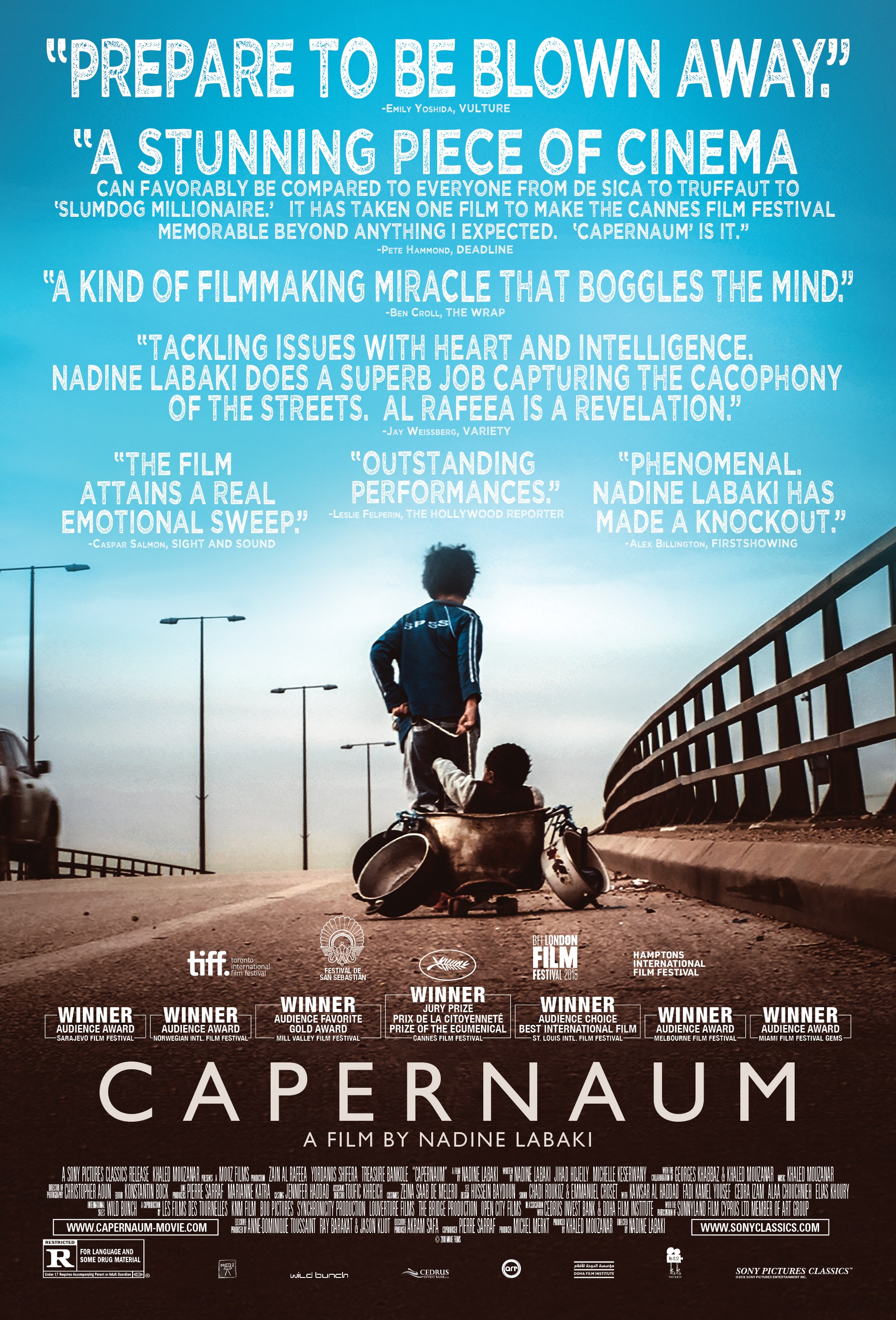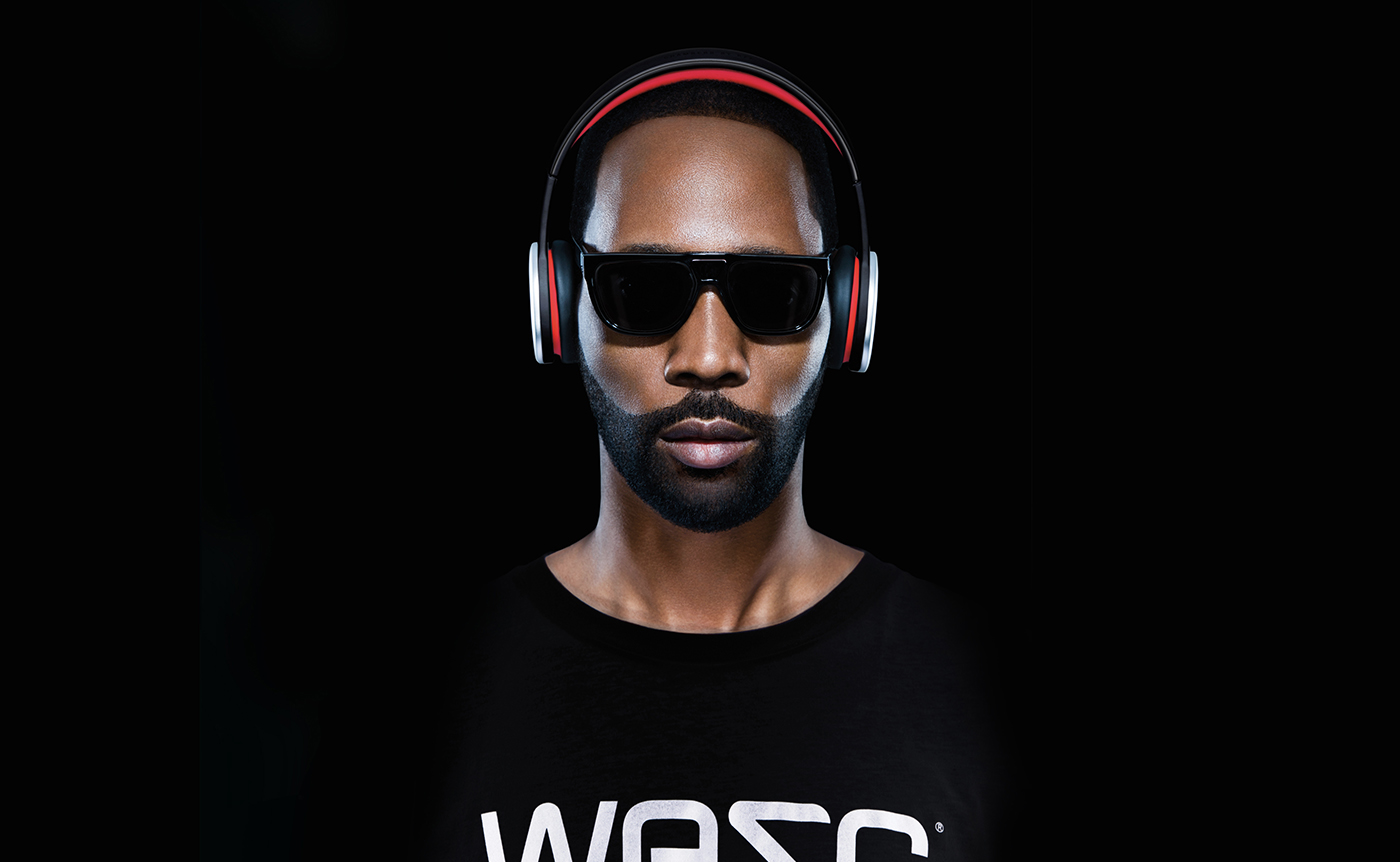Years ago - when I used to manage nightclubs and hotels in cities like Miami and San Diego, I got a close-up view of how the entertainment industry can magnify mental health problems. When a drink or drug is always at arm’s length and the music is at highest volume, it becomes very clear that there is little room for depression or menthal health issues.

Music is unique in the way it connect us. It is truly like nothing else in the world. Music cuts across bounderies and erase differences - no matter who you are, what you believe in, or where you are from, music is an equalizer. A great song can send us through time and space, it can make us remember the smallest details, and make us yearn to forget.
This past Saturday night I stood on an outdoor patio in central Stockholm, and observed how hundreds of people joined in celebration and dance, when the local DJ closed the evening with a shout-out and a tribute to Tim “Avicii” Bergling. He launched the final track of the night - and the song echoed between brick walls and glass windows in the dimly lit garden. "Oooooh, sometimes, I get a good feeling, yeah!" ...and I remember feeeling like I had heard the song play everywhere I went the past 24 hours.
As the music increased in tempo eyes met in the crowded space. The bar and seating area turned into a dance floor and I felt instinctively that the scene unfolding around me was happening at thousands of other venues around the world this night, the day after we found out that Tim had died.
People didn’t talk, they danced. Some raised their arms over their heads and high-fived with friends and aquantances. Others hugged, looked deeply into eachother eyes and nodded in agreement, as if to say to one another that 'it’s ok’. -But it really wasn't ok of course. Its terrible how someone so young, so talanted and so loved could choose to end their own life.
During my years managing clubs I saw friends escape their existence with drugs, alcohol and prescription medicines. When you work in nightlife very few will tell you not to smoke that 'joint', or not do that 'line'. Even fewer will tell you not have another drink or shot.
Today, I’m happy to be working far away from late nights in charge of drunken people. But those years will always be a part of me and the friends I gained will always be close to my heart. What I got to expericens with artists, guests and coworkers were more fun than I can explain, and I realize today that I actually learned a lot more from the experience than I once thought. However, if I had understood how the industry intensifies psychological problems I would have pushed to get out earlier. -Or, actually, that's probably not right. I’d like to think that I would have. But who knows really?

A few days before Avicci's death I had received a text-message from an ex girlfriend. Her dear friend, and my acquaintance; Mikael had taken his own life. He was 29.
Days passed and I thought a lot about our vulnerability, about loneliness, and the closeness most of us crave to feel well. Then it happened again. On Wednesday evening that same week I received messages from several friends in the states; another person I knew, someone who had the same job I once occuopied when working in Miami, Freddie - a manager at one of Miami’s most famous clubs had taken the same path. He ended his life and left a young son behind.
There are no simple answers to why someone chooses to kill themselves... And when a person has everything that we see as a signs of success — money, opportunities and status — it becomes extra difficult to understand why they would choose make such a final choice.
The fact that we can’t really understand seems to make us collectively frozen. It’s like we are unable to take any actions to achieve change.
Hopefully, we will one day become better equipt at finding ways to counteract what is undoubtedly one of our times biggest public health problems. Among 15-to-29 year-olds, suicide is the second most common cause of death in the world, according to the World Health Organization.
It is hard to know how we as a collective should solve the problem with severe depression, but I think we can all agree that there is value in talking about the subject, and to do our best to help young people learn tools which can help them deal with difficult feelings, no matter the environment they find themselves in.
The unity we felt on that Saturday night — the closeness we experienced with perfect strangers, at 2 am in the morning on that patio, moved to remember by a song — is something we need more of. Open hearts are mandatory for us to be able to continue the conversation about mental health problems and to achieve change.
I think it is time we have schools teach emotional intelligence and mental strenght. Those subjects will give young girls and boys a better understanding of stress and of life's pressures — and the feeling of being alone. With the right tools the kids of today might one day solve the issue of severe depression all together. I would really like to think so. For Tim. For Mikael. For Freddie. And for the rest of us.
(Originally published in VICE on April 27, 2018)








